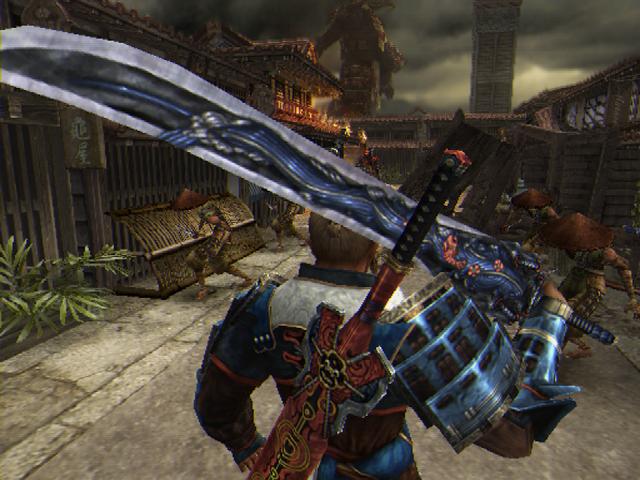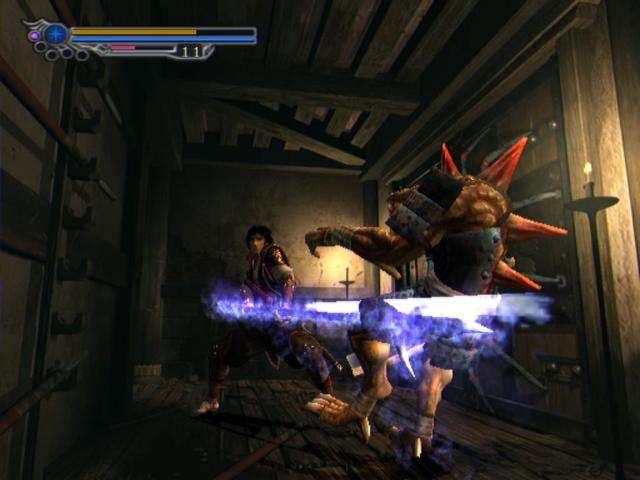

With video games, however, you are given a certain amount of freedom, and it is within this space that you forge your own unique experience of a game. The ending of Oni 1 made you want more of Onimusha. however, some people are disappointed that you don't get to play as Samanosuke, i was also somewhat disappointed too. Onimusha 2 - The game took a step forward. They may have different interpretations about what they have experienced, but the subject matter remains essentially the same. Overall, if i have to choose a Onimusha game that's consider the best, it would be Onimusha one.

Paintings, books and films are exactly the same for every person that sees or reads them. Onimusha 2 exemplifies what makes video games special to me as an artistic medium. It’s this mechanic that made me feel as though I was having a unique experience, and it makes me want to leave the game at just one play-through because of it.

For example, in my game Ekei seemed to be everywhere, Magoichi remained a distant and aloof figure, whilst the ninja Kotaro was just some weirdo that jumped off the roof of a horse’s stable to warn me about a beautiful woman and then was never heard from again. Because of the choices I made for Jubei, my path through the game will be different to another person’s. For me, the fact that it was not made explicitly clear that this mechanic existed made the whole process seem more organic. The friendships Jubei forges during this stage will affect the rest of the game, as those you please most will help you out later on. Gifts can then be given to each of these characters, and they all have very different personalities and tastes, from the refined Magoichi who is interested in history books, to the less refined monk, Ekei, who lists women, good food and alcohol among his interests. In this village are four different characters to interact with. Early on, Jubei finds his way to a village. This is based on a ‘friendship’ system that I did not realize existed until much too late in the game. There are numerous different channels that the story can take, affecting which cut-scenes are shown. Jubei and the other excellent character designs are exhibited throughout the game in spectacular cut-scenes. Straight away a sense of reality is conferred onto this game, and, more specifically, its characters. Jubei is modelled on the Japanese actor Yusaku Matsuda who died in 1989, twenty three years before this game was released. This event brings about the revelation of Jubei’s destiny as heir to the ancient clan of demon-slayers, the Oni. Jubei Yagyu is the main character of this story: a samurai whose village is destroyed during the opening sequence of the game.


 0 kommentar(er)
0 kommentar(er)
